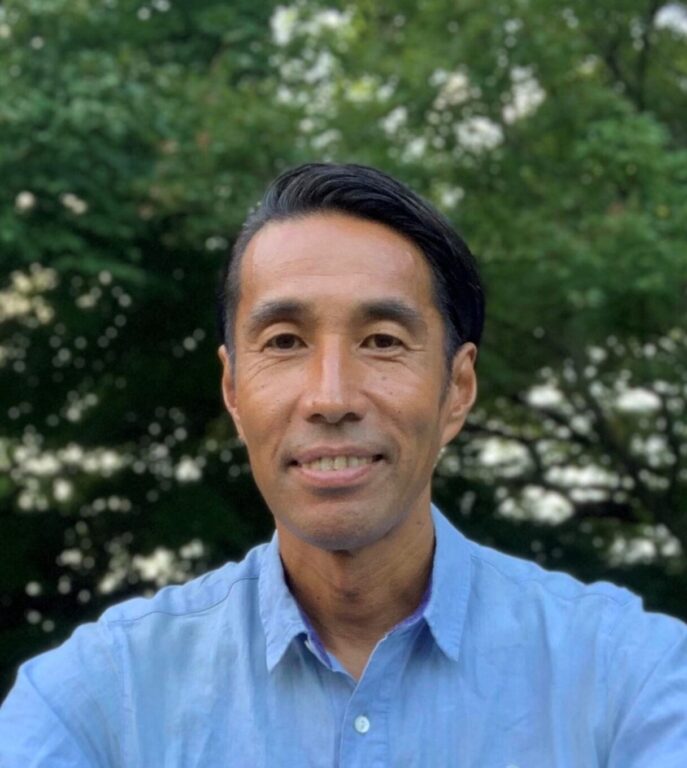My father, born in 1933, was a sixth grade student at a national school when World War II ended. All of his memories of Fukushima Prefecture, where he was forced to evacuate to, involve being hungry. It was in Tokyo, not his birthplace and hometown of Kyoto, where he was reunited with his parents after being separated from them. The scars from the bombing raids are still raw, and the rows of shacks that lined the streets are unimaginable today.
Against this backdrop, many of those who came before us worked hard for the reconstruction of the country. I myself was able to grow up with little hardship, and was fortunate to have benefited from their efforts. At that time, Japan, which had been left scorched and barren after the war, needed to rebuild itself through economic growth. To support this growth, one key technology was thermal power generation, and coal remained an important raw material.
However, our society’s demands have clearly changed. In the words of the Brundtland Commission’s final report Our Common Future, we must now consider how to “meet the needs of the present without compromising the ability of future generations to meet their own needs” – in other words, sustainability. To this end, it is crucial, as we have done in the past, to invest our resources in technologies that we believe are the best available at this time.
Ahmed Zaki Yamani, the former Saudi oil minister, is said to have stated that “the stone age did not end because the world ran out of stones” (but because bronze proved to be superior). As Kenji Fuma said in his comment, renewable energy is clearly superior to existing energy sources in terms of cost and environmental impact (or at the very least, has the potential), and moving on from coal-fired power is the world’s logical course.
Conversely, when considering the context of Japanese society, which depends on fossil fuels for nearly 80% of its energy, I think it is important for us to think about how to transition to a new social system together with the people who work at coal-fired power plants, and who have constantly supported us and our lifestyles. As Suzuka Nakamura said in her comment, a just transition is important.
To achieve this, business and government (administration) need to work together, and each and every one of us expressing ourselves and making ourselves heard will support this. There is no 100% correct answer. There are many things that we will never know the answer to until we try. But it is clear that continuing on our current course will only lead to hardship. So, even if you are not confident, make an effort to express your thoughts. If this leads you to discover something new, then use this opportunity to broaden and deepen your knowledge and opinions. I believe that all of us speaking up and exchanging our opinions will be the driving force that propels us forward toward the future.
Profile
Holds a Master’s Degree. in Sociology (Global Society) from Waseda University. Worked for Patagonia Japan from 1999 to 2019, and continues to support social businesses and non-governmental organizations, etc. Since 2015, through his activities calling for a review of the Ishiki Dam construction plan in Nagasaki Prefecture. (http://change-ishiki.jp/), he has been emphasizing the importance of citizen-led democracy.

